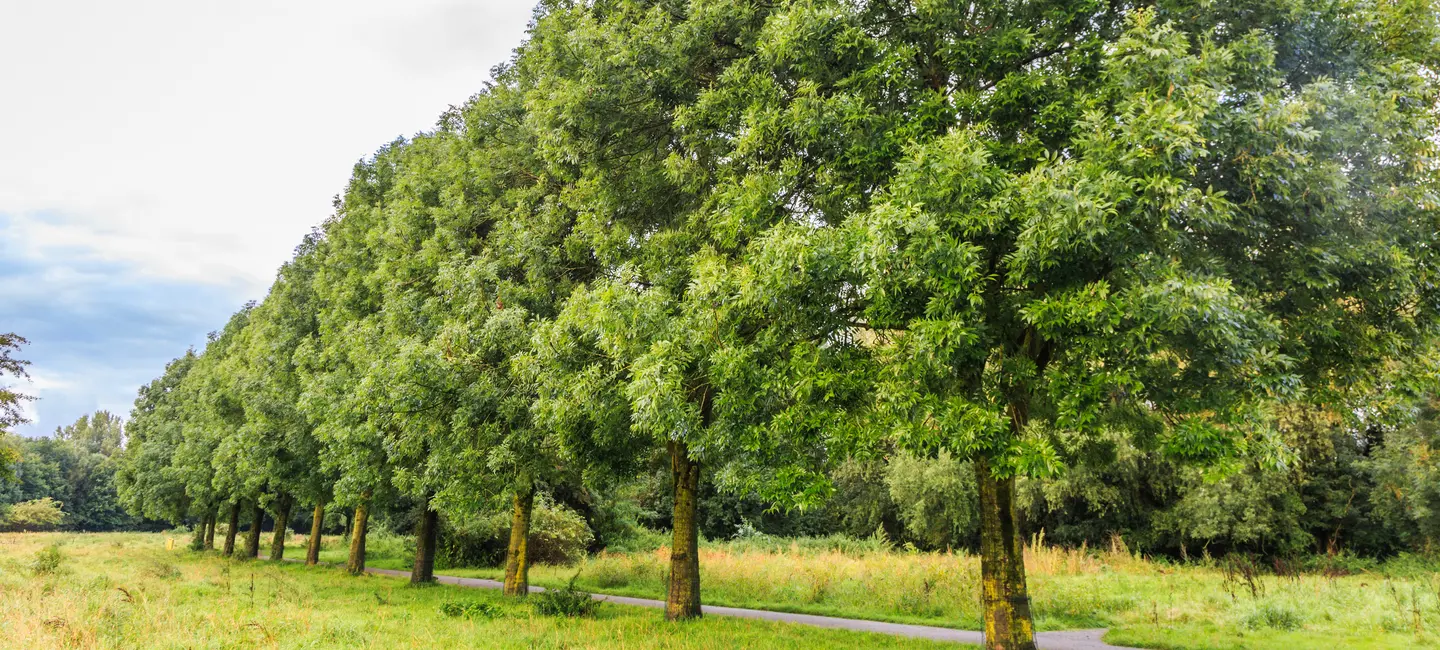
Ash is a tree. The seeds are used to make medicine.
People use ash for diabetes, arthritis, constipation, bladder problems, and many other conditions, but there is no good scientific evidence to support these uses.
Don't confuse ash with manna ash, northern prickly ash, or southern prickly ash.
Is It Effective?
NatMed Pro rates effectiveness based on scientific evidence according to the following scale: Effective, Likely Effective, Possibly Effective, Possibly Ineffective, Likely Ineffective, Ineffective, and Insufficient Evidence to Rate.
- Obesity. Taking ash extract doesn't seem to boost weight loss or improve blood sugar control in people who are already dieting. But it might help reduce fat by a small amount.
- Fever.
- Arthritis.
- Bladder problems.
- Constipation.
- Increasing urine production to relieve water retention (as a diuretic).
- Other conditions.
More evidence is needed to rate the effectiveness of ash for these uses.
Is it Safe?
Certain chemicals in ash might help to lower blood sugar.
When taken by mouth: Taking ash seed/fruit extract is POSSIBLY SAFE when used in doses of up to 1 gram daily for up to 3 months. No side effects have been reported in clinical research. But some people might be allergic to ash.
Special Precautions & Warnings:
Pregnancy and breast-feeding: There isn't enough reliable information to know if ash is safe to use when pregnant or breast-feeding. Stay on the safe side and avoid use.
Cross-allergies: Some people are allergic to chemicals in the pollen in ash. Since similar chemicals are found in other pollens, people allergic to other pollens might also be allergic to ash pollen.
Diabetes: Ash might affect blood sugar levels. Watch for signs of low blood sugar (hypoglycemia) and monitor your blood sugar carefully if you have diabetes and use ash.
Medications for diabetes (Antidiabetes drugs)
Interaction Rating=Moderate Be cautious with this combination.
Ash might lower blood sugar. Diabetes medications are also used to lower blood sugar. Taking ash along with diabetes medications might cause blood sugar to go too low. Monitor your blood sugar closely. The dose of your diabetes medication might need to be changed.
Some medications used for diabetes include glimepiride (Amaryl), glyburide (DiaBeta, Glynase PresTab, Micronase), insulin, pioglitazone (Actos), rosiglitazone (Avandia), chlorpropamide (Diabinese), glipizide (Glucotrol), tolbutamide (Orinase), and others.
Medications for high blood pressure (Antihypertensive drugs)
Interaction Rating=Moderate Be cautious with this combination.
Ash might lower blood pressure. Using ash with drugs that lower blood pressure might increase the effects of these drugs and lower blood pressure too much.
Some medications for high blood pressure include captopril (Capoten), enalapril (Vasotec), losartan (Cozaar), valsartan (Diovan), diltiazem (Cardizem), amlodipine (Norvasc), hydrochlorothiazide (HydroDIURIL), furosemide (Lasix), and many others.
Herbs and supplements that might lower blood pressure: Ash might lower blood pressure. It has the potential to add to blood pressure lowering effects of other herbs and supplements that also lower blood pressure. Other herbs and supplements that can lower blood pressure include andrographis, casein peptides, cat's claw, coenzyme Q10, L-arginine, lycium, stinging nettle, theanine, and others.
Herbs and supplements that might lower blood sugar: Ash might lower blood sugar. There is some concern that using ash along with other herbs that have this same effect might lower blood sugar too much. Herbs that might lower blood sugar include alpha-lipoic acid, devil's claw, fenugreek, garlic, guar gum, horse chestnut, Panax ginseng, psyllium, and Siberian ginseng.
There are no known interactions with foods.
The appropriate dose of ash depends on several factors such as the user's age, health, and several other conditions. At this time there is not enough scientific information to determine an appropriate range of doses for ash. Keep in mind that natural products are not always necessarily safe and dosages can be important. Be sure to follow relevant directions on product labels and consult your pharmacist or physician or other healthcare professional before using.
Bird's Tongue, Common Ash, European Ash, Fraxinus americana, Fraxinus excelsior, Franc Frêne, Frêne, Frêne d'Amérique, Frêne Blanc, Frêne Blanc d'Amérique, Frêne Commun, Frêne Élevé, Frêne Franc, Fresno Americano, Fresno Blanco, Grand Frêne, Lissan Ettir, Weeping Ash, White Ash.
Information on this website is for informational use only and is not intended to replace professional medical advice, diagnosis, or treatment. While evidence-based, it is not guaranteed to be error-free and is not intended to meet any particular user’s needs or requirements or to cover all possible uses, safety concerns, interactions, outcomes, or adverse effects. Always check with your doctor or other medical professional before making healthcare decisions (including taking any medication) and do not delay or disregard seeking medical advice or treatment based on any information displayed on this website.
© TRC Healthcare 2024. All rights reserved. Use and/or distribution is permitted only pursuant to a valid license or other permission from TRC Healthcare.
